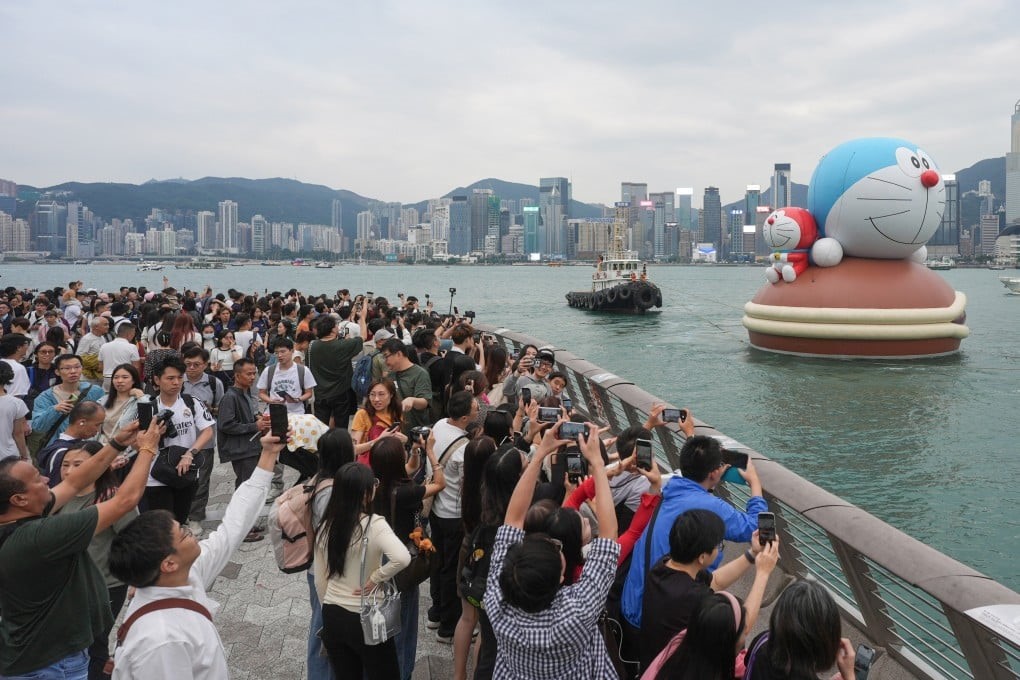
Abandoning the US: top Chinese scientists return home | South China Morning Post
Top scientists have been leaving the US for China in a wave that is changing the landscape of global research. In this series, the Post focuses on some of the experts who have made the move.
A growing number of leading scientists across critical fields are leaving the United States for China. Many Chinese researchers are returning home due to an improving research environment, the impact of the US China Initiative and personal motivations.
With China investing heavily in cultivating its scientific, technological and engineering talent, these experts are poised to play a pivotal role in the nation’s rise as a global tech powerhouse. Discover more in our series.
Liu Daoyu, "Eternal President of Wuhan University," dies at 92
Success—or the appearance of it—has smothered debate. For more than two decades, the sharpest critiques of China’s universities have gone largely unanswered. The loudest, and most singular, belonged to Liu Daoyu, the former president of Wuhan University, who died on November 7, 2025. He is mourned as the school’s “eternal president”—a phrase that says less about nostalgia than about the present. The implication is pointed: Chinese universities are run as bureaucratic outposts rather than communities of scholarship.
Liu was no outsider. Born in 1933, he was a decorated member of the Communist Party of China who helped organise the landmark 1977 symposium chaired by Deng Xiaoping that restored the national college entrance examination and reopened intellectual life after the Cultural Revolution. That decision reshaped the fate of millions and remains one of the most consequential events in modern Chinese education. It was also the beginning of Liu’s long public devotion to education as a national calling, not a bureaucratic chore.
He became most closely associated with Wuhan University’s “golden years” in the 1980s. He pushed through a series of reforms that were then unheard of on the Chinese mainland: a credit system, double-major programmes, minor systems, flexible transfers between departments, and admissions for students from other universities.
Ma Ying-jeou remembers historic meeting with Xi Jinping a decade ago
Taiwan’s former leader laments the slide from cross-Strait peace and stability to “the most dangerous place on earth,” urges corrections.
Database of younger scientists’ deaths triggers heated debate in China | South China Morning Post
A database tracking the deaths of young Chinese scientists has triggered a heated debate amid growing concern about whether there is a disturbing pattern emerging among the academic community.
But the list also triggered a public backlash, with critics raising ethical concerns about the way the information was used and questioning whether it was giving the full picture.
According to the file posted on CSND, an online platform for computer programmers, last week, at least 76 researchers under the age of 60 have died.
The Beijing-headquartered Asian Infrastructure Investment Bank (AIIB) has confirmed that it will open a hub office in Hong Kong – a move that will enhance its offshore financing capabilities and the city’s role as a global financial centre.
Preparatory work is in the pipeline and progressing well, the Post has learned from the bank. A formal announcement is expected to be made by AIIB President Jin Liqun, who is scheduled to address Hong Kong FinTech Week on Monday.
The AIIB’s second office outside mainland China – the first was launched in Abu Dhabi two years ago – is expected to become operational next year.
China’s ancient imperial examination, which was no easier than today’s competitive college entrance exam, took into account candidates’ looks when selecting.
The ancient exam, which lasted from the Sui dynasty (581-618) to the late Qing dynasty (1644-1912) before its abolition in 1905, was a system that selected state bureaucrats based on their merit rather than blood.
As the system became well established in the Song dynasty (960-1279), the exam was held once every three years.
The content of the exams varied in each dynasty, but did not deviate from Confucian classics, article writing, history and politics.
A successful candidate was required to go through three levels of preliminary tests held locally to qualify for higher levels of exams.
There were three higher levels of exams: provincial, metropolitan and palace, awaiting the candidates.

Hundreds of spectators gathered on both sides of Hong Kong’s Victoria Harbour on Saturday to watch a “parade” involving giant inflatables of popular characters Labubu, Elmo, Grimace and Doraemon.
The event wrapped up a week-long Water Parade organised by Hong Kong design studio AllRightsReserved (ARR), with the inflatables setting sail from Admiralty at 2pm towards Fortress Hill, and then across the harbour to Tsim Sha Tsui, before returning to Admiralty.
Visitors eagerly snapped photos of the inflatables of Japanese manga character Doraemon, a version of Sesame Street’s Elmo by American artist Kaws, McDonald’s Grimace and Hong Kong designer Lung Ka-sing’s Labubu.
2026 Chinese Government Scholarships Ready for Applications
The Chinese embassy has issued the announcement of scholarship applications for students interested in study in China beginning in 2026. The ABCF and the Barbados-China Returned Students Association now have a resource group of current and past students who are able to assist you with the application process, and with all aspects of preparation for study in China. If you are considering study in China, we would be happy to hear from you, by email or by WhatsApp at 1 246 288 1356. You may also reach us via the Contact page on our website.
This weekly newsletter is put together by DeLisle Worrell, President of the ABCF. Visit us at Association for Barbados China Friendship | (abcf-bb.com).
Thanks to everyone who sent contributions for this week’s Update. Please send items of interest to me via the contact page at ABCF-BB.com or to info@DeLisleWorrell.com